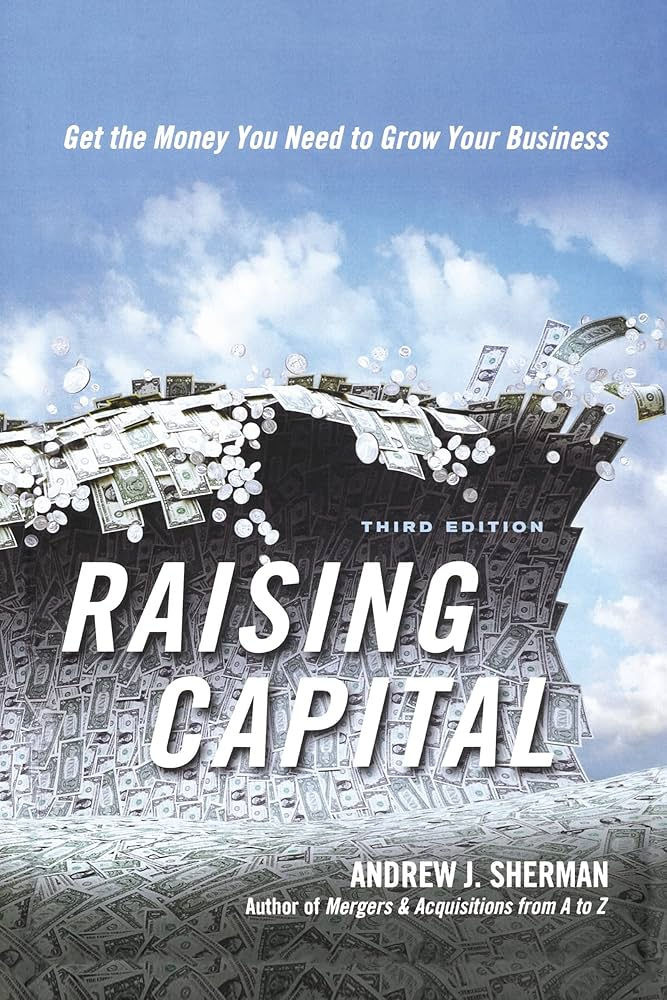Stress Management: Gratitude
- Rashidi Kabamba
- Jul 6, 2022
- 3 min read
"Cultivate the habit of being grateful for every good thing that comes to you, and to give thanks continuously. And because all things have contributed to your advancement, you should include all things in your gratitude." - Ralph Waldo Emerson
In my last blog, I broke down the importance of stress management and how having stress management practices within your life would enable you to enhance your overall well-being as well as make you healthier. Therefore, I am going to be writing blogs about different stress management strategies in order to inspire my connections to get into the habit of it so they can have different options, when it comes to their well-being. The first topic, I wanted to speak on was gratitude.
Gratitude according to the google definition is "the quality of being thankful; readiness to show appreciation for and to return kindness." Gratitude also stems from the word, "gratia" which means grace, graciousness, or gratefulness. Gratitude is a thankful appreciation of what someone receives whether intangible or tangible. This allows for people to acknowledge the goodness in their lives and in part people attribute that goodness to something higher than themselves and to something which is bigger than them, such as nature, a spirit, or a higher power. This is similar to how in antiquity, David, the patriarch wrote many Psalms which expressed his gratitude to the God of Israel in order to overcome his fear, anxieties, and even depression. Now let's go into some positive benefits of expressing gratitude. Here is a list below according to healthline, (https://www.healthline.com/health/benefits-of-gratitude-practice#getting-started).
Improve sleep quality
Improve emotional regulation
Increase feelings of happiness and a positive mood
Foster hope for the future
Reduce stress, burnout, and symptoms of PTSD
Increase resilience

All of these are health benefits which equate to the benefits of practising gratitude in your everyday life. One thing as well, which helps when practising gratitude as well is the relief that you feel when you have gratitude in your life. When I practise gratitude it's a form of mindfulness because it enables me to be in the present moment and also feel light headed as well, enabling you to focus on your next task efficiently as well. Now here are tactics you could do in order to practice gratitude! If you want to learn more, go to this website in order to learn more (https://www.lifehack.org/articles/communication/40-simple-ways-practice-gratitude.html).
Smile more often
Tell someone you love them and appreciate them
Notice the beauty in nature everyday
Call your mom or dad often
Pray to nature, higher power, or spirit
Avoid negative media and movies with destructive content
Create a gratitude journal and add to it daily
Live mindfully, not worrying about the past or the future
Embrace challenges and opportunities for you to grow
Those are basic ways to start practising gratitude, but how does it correlate to your stress levels. According to the book "Stress Management for Dummies" by Allen Elkin, states that people who practice gratitude, are "happier, report more life satisfaction, and report less stress. Grateful people are less likely to be depressed, anxious, lonely, and neurotic. But it also appears that grateful people don’t live in a world of denial. They don’t ignore the negative parts of their lives."
Therefore having gratitude is amazing for reducing your stress levels and decreasing your cortisol levels as well!! Overall, gratitude is a stress management technique and strategy which has amazing benefits, so I hope you enjoyed the blog and stay tuned for tomorrow! Peace!! :)




Comments